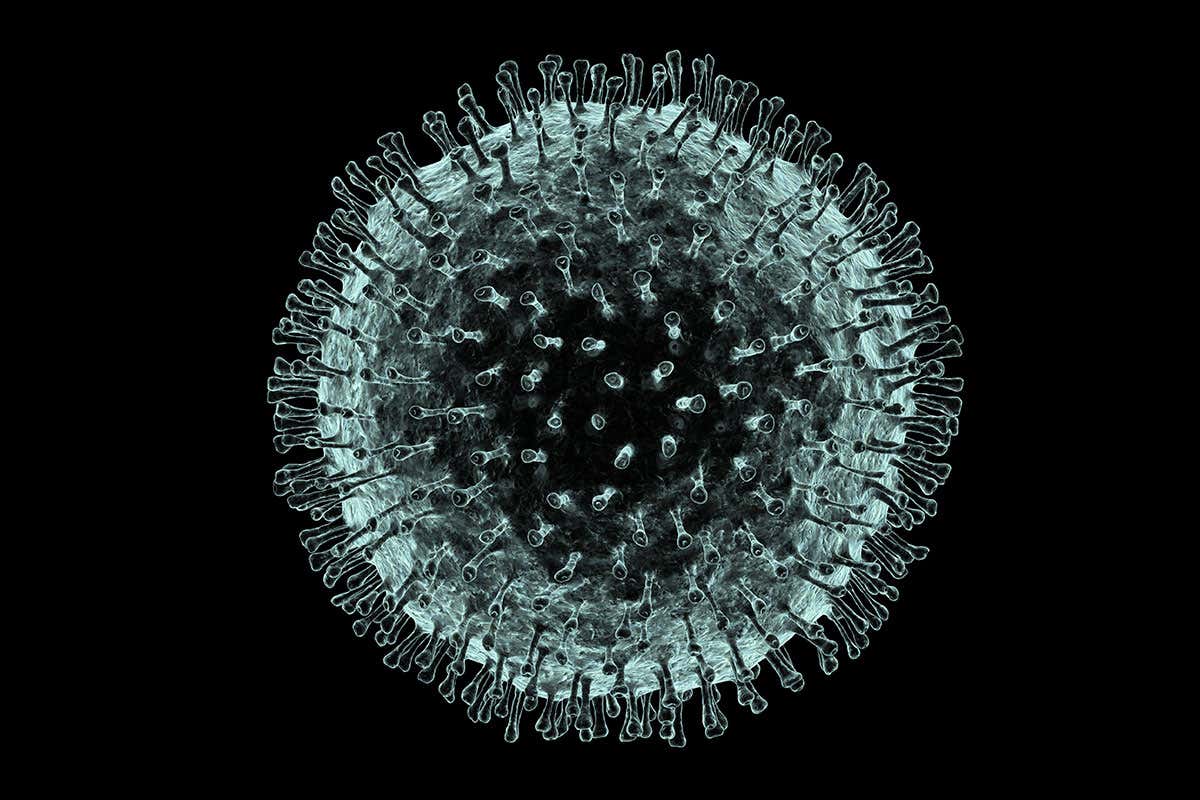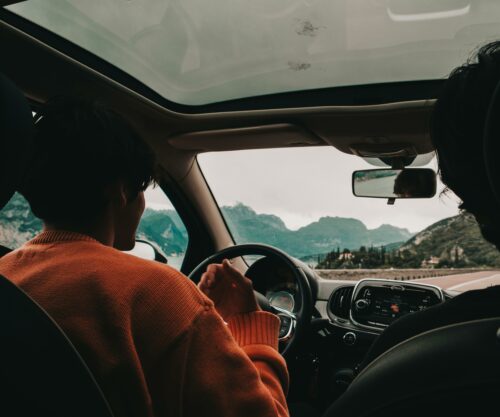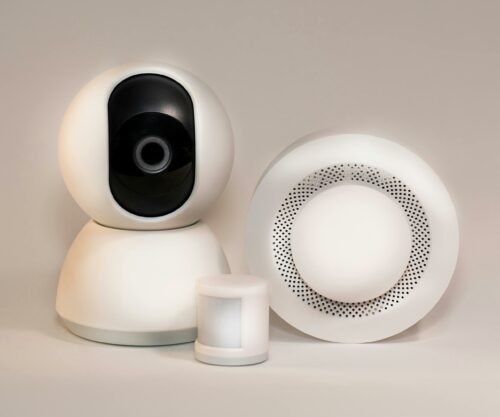
As the world deals with with coronavirus COVID-19’s spread, you probably have some questions. Here are the most frequently asked questions about coronovirus COVID-19:
What is a coronavirus?
The World Health Organisation(WHO) says, “Coronaviruses are a large family of viruses which may cause illness in animals or humans. In humans, several coronaviruses are known to cause respiratory infections ranging from the common cold to more severe diseases such as Middle East Respiratory Syndrome (MERS) and Severe Acute Respiratory Syndrome (SARS). The most recently discovered coronavirus causes coronavirus disease COVID-19.”
The National Institute of Communicable Diseases(NICD) says, “the name corona refers to a crown because these viruses have crown-like spikes on their surface when viewed under an electron microscope.”
What is COVID-19?
The WHO says,”COVID-19 is the infectious disease caused by the most recently discovered coronavirus. This new virus and disease were unknown before the outbreak began in Wuhan, China, in December 2019.”
What are some of the symptoms of COVID-19?
The NICD says symptoms of the coronavirus COVID-19 include: “mild to severe respiratory illness with cough, sore throat, shortness of breath or fever [≥ 38°C (measured) or history of fever. The complete clinical picture with regard to COVID-19 is still not fully clear. Reported illnesses have ranged from infected people with little to no symptoms to people being severely ill and dying.”
How is COVID-19 spread?
The WHO says, “People can catch COVID-19 from others who have the virus. The disease can spread from person to person through small droplets from the nose or mouth which are spread when a person with COVID-19 coughs or exhales. These droplets land on objects and surfaces around the person. Other people then catch COVID-19 by touching these objects or surfaces, then touching their eyes, nose or mouth. People can also catch COVID-19 if they breathe in droplets from a person with COVID-19 who coughs out or exhales droplets. This is why it is important to stay more than 1 meter away from a person who is sick.”
COVID-19 in SA is diagnosed by a laboratory test called a polymerase chain reaction (PCR) molecular test, on a respiratory tract sample (e.g. sample from nose, throat or chest).
How can you protect yourself from COVID-19?

The World Health Organisation advises the following:
- Stay aware of the latest information on the COVID-19 outbreak, available on the WHO website and through your national and local public health authority. Many countries around the world have seen cases of COVID-19 and several have seen outbreaks. Authorities in China and some other countries have succeeded in slowing or stopping their outbreaks. However, the situation is unpredictable so check regularly for the latest news.
SEE ALSO: Everything you need to know about SA government’s response to COVID-19
You can reduce your chances of being infected or spreading COVID-19 by taking some simple precautions:
- Regularly and thoroughly clean your hands with an alcohol-based hand sanitiser or wash them with soap and water.
Why? Washing your hands with soap and water or using alcohol-based hand sanitiser kills viruses that may be on your hands. - Maintain at least 1 metre distance between yourself and anyone who is coughing or sneezing.
Why? When someone coughs or sneezes they spray small liquid droplets from their nose or mouth which may contain virus. If you are too close, you can breathe in the droplets, including the COVID-19 virus if the person coughing has the disease. - Avoid touching eyes, nose and mouth.
Why? Hands touch many surfaces and can pick up viruses. Once contaminated, hands can transfer the virus to your eyes, nose or mouth. From there, the virus can enter your body and can make you sick. - Make sure you, and the people around you, follow good respiratory hygiene. This means covering your mouth and nose with your bent elbow or tissue when you cough or sneeze. Then dispose of the used tissue immediately.
Why? Droplets spread virus. By following good respiratory hygiene you protect the people around you from viruses such as cold, flu and COVID-19. - Stay home if you feel unwell. If you have a fever, cough and difficulty breathing, seek medical attention and call in advance. Follow the directions of your local health authority.
Why? National and local authorities will have the most up to date information on the situation in your area. Calling in advance will allow your health care provider to quickly direct you to the right health facility. This will also protect you and help prevent spread of viruses and other infections. - Keep up to date on the latest COVID-19 hotspots (cities or local areas where COVID-19 is spreading widely). If possible, avoid traveling to places – especially if you are an older person or have diabetes, heart or lung disease.
Why? You have a higher chance of catching COVID-19 in one of these areas.
Resources:
For more information, visit the department of health’s website at https://sacoronavirus.co.za/
https://twitter.com/pontsho_pilane/status/1239483337850437632
You can also call the 24 hour toll free Coronavirus toll free hotline on 0800 029 999
You can also join the Department of Health’s Whatsapp support line using the details below:
Stay informed on #COVID19
Join the Whatsapp support for South Africans.
Say "Hi" to 0600 123 456
Or go to https://t.co/HbZaxfQuy7— Zweli Mkhize (@DrZweliMkhize) March 15, 2020




